
Polyviny Alcohol Supplier | High Purity, Stable Viscosity
Polyviny Alcohol (PVA): What Buyers Need to Know in 2025
If you’re sourcing polyviny alcohol for adhesives, emulsions, or paper enhancement, you’ve probably noticed the market’s gotten busy—and a bit noisy. To be honest, specs and trade names are tossed around loosely. Here’s a practical, field-tested guide from someone who spends too much time on factory floors and in lab QC rooms.
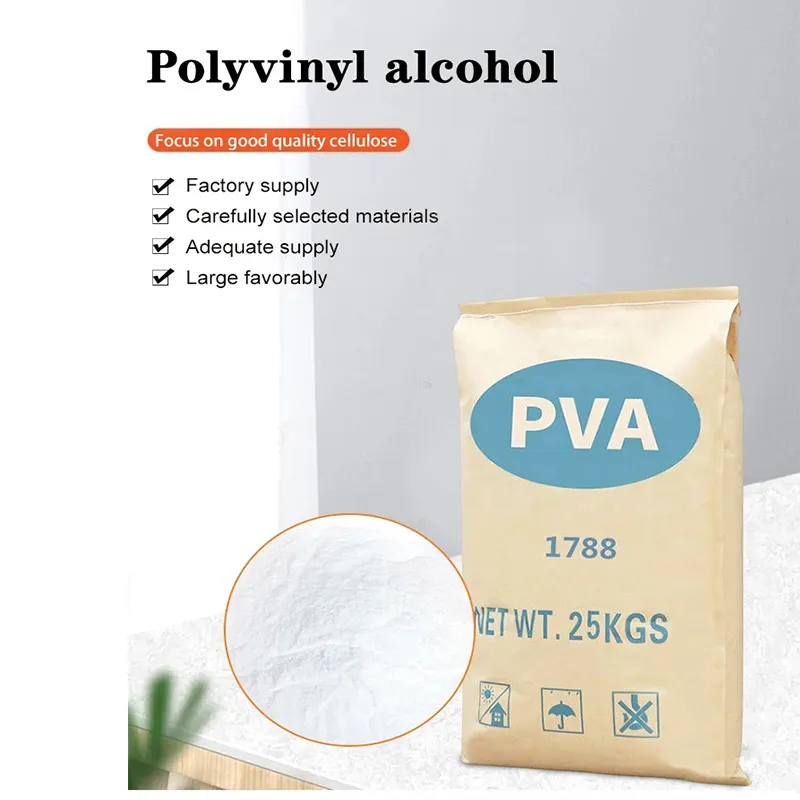
Market Snapshot & Why PVA Still Wins
Global coatings and packaging are pushing for water-based, low-VOC binders—no surprise, polyviny alcohol demand tracks that. Many customers say they switched from solvent-heavy systems to PVA films and emulsions to hit compliance targets without killing performance. It’s not magic, but it’s predictable, and plants like predictable.
What It Is (and Isn’t)
Polyviny alcohol is an odorless white flake/floc/powder, water-soluble (best above ≈95°C), barely soluble in DMSO, and basically insoluble in common organic solvents like toluene, benzene, acetone, or kerosene. In practice: great for water-based systems, film-forming, and as a backbone for acetals and vinylon fiber.
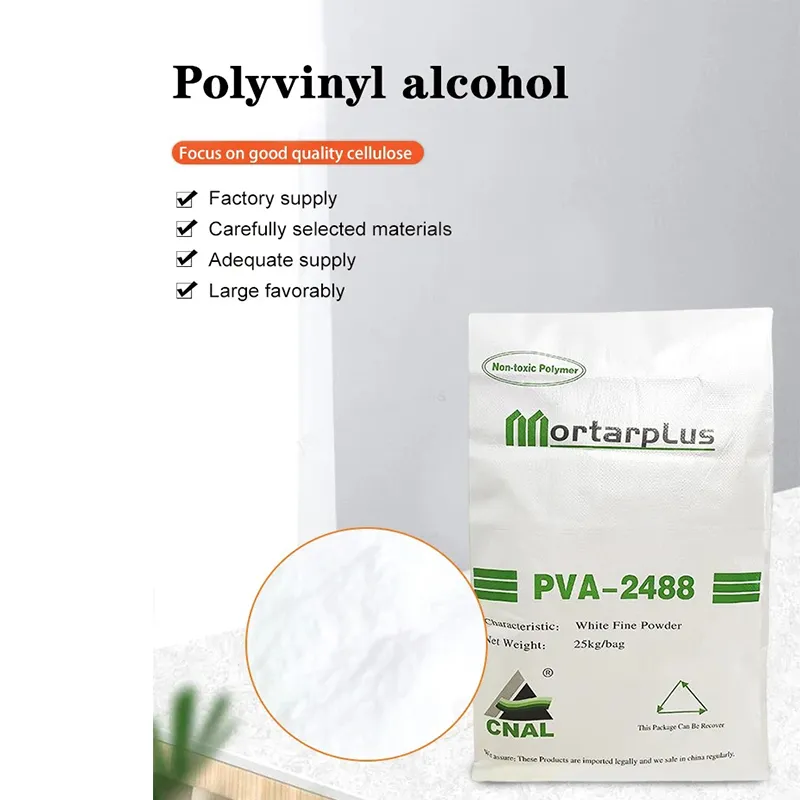
Typical Specifications (buyer’s quick sheet)
| Parameter | Typical Range (≈, real-world use may vary) |
|---|---|
| Degree of Hydrolysis (mol%) | 87–89% (partially) / 98–99+% (fully) |
| Viscosity (4% aq., 20°C) | 3–60 mPa·s |
| Degree of Polymerization (DP) | 300–2400 |
| Moisture | ≤5% |
| Ash | ≤0.5% |
| pH (4% solution) | 5.0–7.0 |
| Form | Powder / flake / floc |
Process Flow & Testing
Materials: Vinyl acetate monomer → Poly(vinyl acetate) (PVAc) → saponification/hydrolysis → PVA powder. Deionized water, alkaline catalysts, controlled temps.
Methods: Suspension polymerization (PVAc), then alcoholysis to tune hydrolysis. Milling, sieving, anti-caking as needed.
Testing standards: ISO 527/ASTM D638 (tensile of films), ASTM D882 (thin films), viscosity by Brookfield (ASTM D2196), ash/moisture by gravimetry, solution clarity per in-house SOPs referencing ISO methods.
Service life: 24–36 months sealed and dry (15–30°C, RH
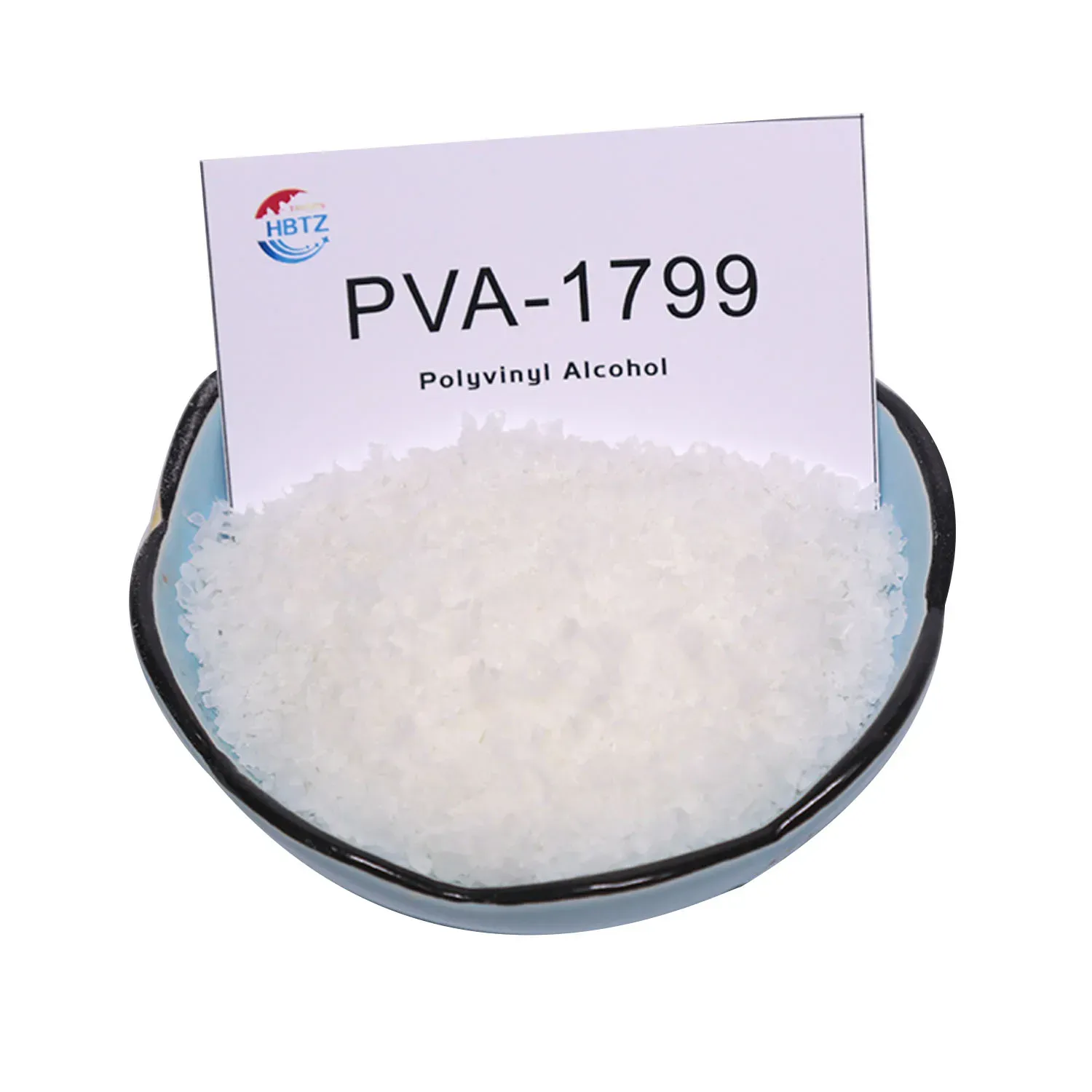
Applications & Advantages
- Adhesives and glues: strong wet tack; FDA 21 CFR 175.105 routes exist for certain uses.
- Paper & packaging: sizing, oil/grease resistance, barrier coatings.
- Emulsifiers & binders: paints, putty, cement modifiers—stable emulsions, good film integrity.
- Polyvinyl acetal, vinylon fiber, gasoline-resistant pipes: robust chemical backbone.
Upside? Water-soluble, low odor, reliable film strength. Caveat: fully hydrolyzed grades can be stubborn to dissolve—heat and shear help.
Vendor Comparison (quick reality check)
| Vendor | Grades | Lead Time | Certs | Notes |
|---|---|---|---|---|
| Tangzhi (Hebei, CN) | 87–99% hydrolysis, 3–60 mPa·s | 2–4 weeks | ISO 9001, REACH-ready | Strong customization; transparent QC data |
| Global A | Standard catalog | 4–6 weeks | ISO/ROHS | Premium pricing, broad footprint |
| Global B | Commodity focus | 3–5 weeks | ISO | Cost-effective; limited custom grades |
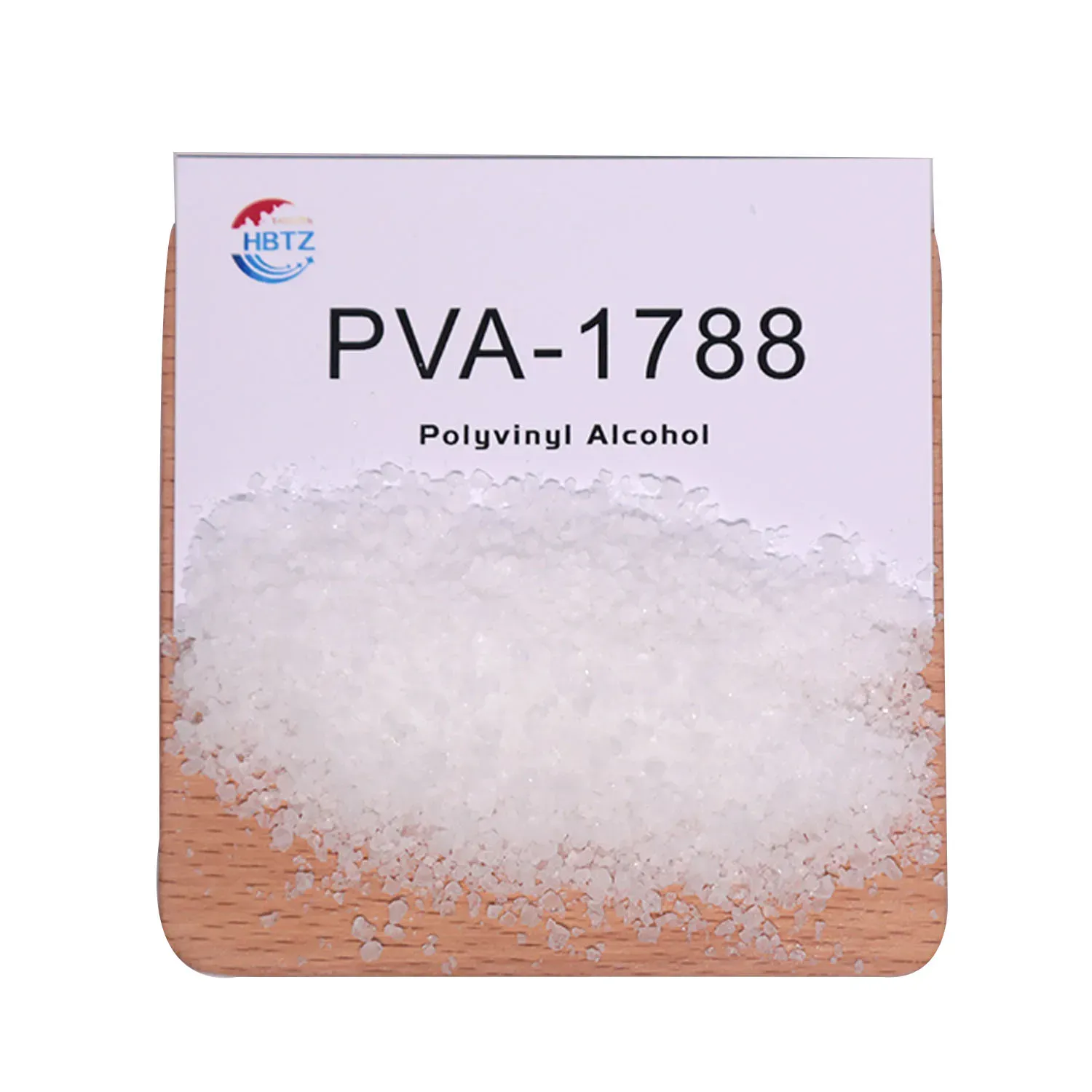
Customization & Real-World Feedback
Dial-in options: hydrolysis level (barrier vs. solubility), DP/viscosity for film strength, particle size for dissolution speed, anti-caking, food-contact documentation where applicable.
Case—Paper mill Europe: switched to 98–99% hyd. PVA for oil-resistant wrap; pinhole defects down ≈35%, curing temp lowered by 8–10°C.
Case—Tile adhesive APAC: partially hydrolyzed grade improved open time by ≈12% with no slump penalty (ASTM C348 mortar testing alongside internal SOP).
Customer vibe? “Dissolves faster than our old brand,” one line supervisor told me—after they bumped water temp to 95°C and added gentle shear. Small changes, big payoff.
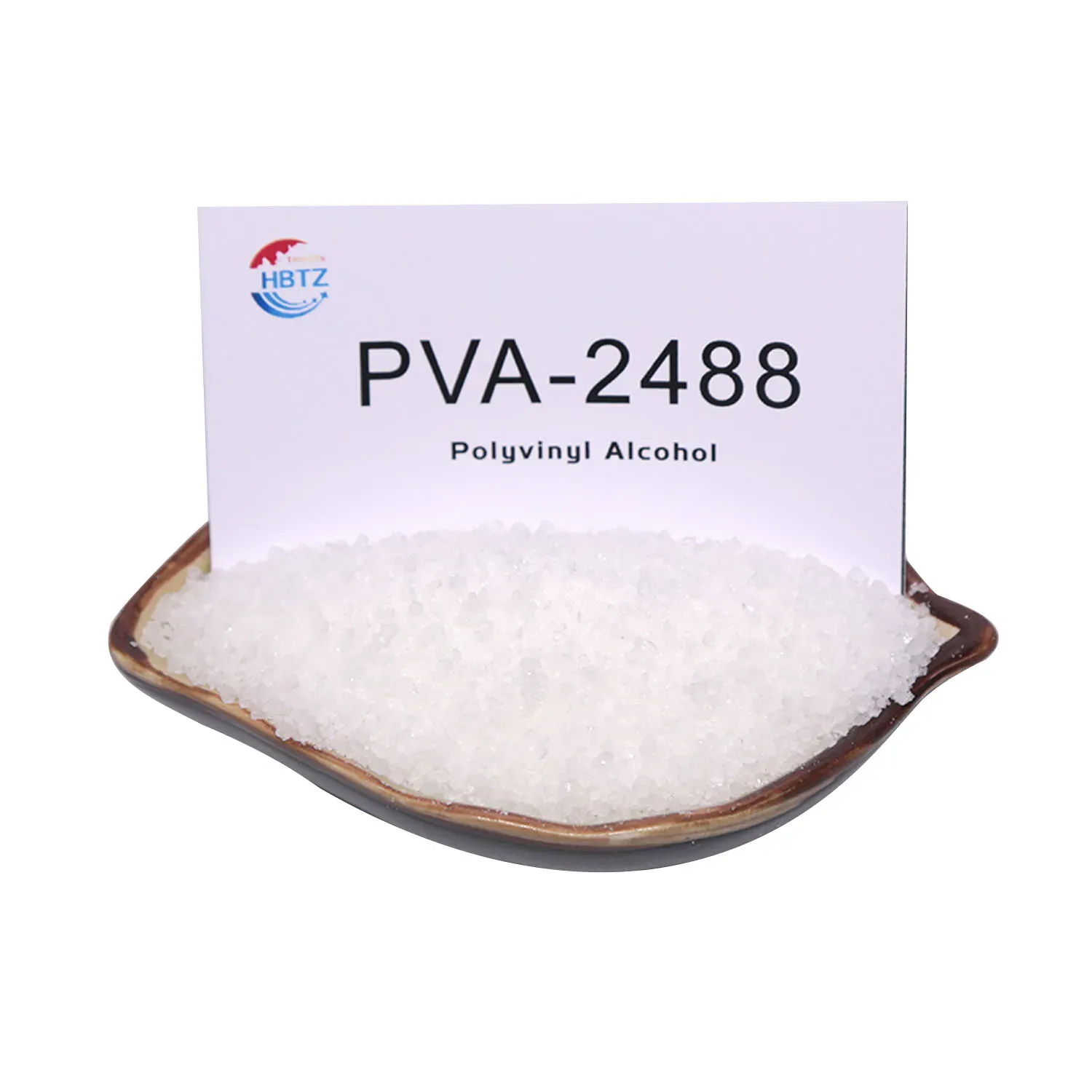
Compliance & Safety
- ISO 9001-backed QC; SDS available; low VOC by nature.
- REACH registration support; RoHS typically compliant.
- Food contact depends on end-use; adhesives may follow FDA 21 CFR 175.105—confirm grade and conditions.
Tangzhi PVA ships from: Room 2308, Dongsheng Plaza 2, No. 508 Zhongshan East Road, Chang’an District, Shijiazhuang, Hebei, China. If you need lab samples or a pilot run, that’s the fastest route.
Authoritative citations
- ISO 527: Plastics—Determination of tensile properties.
- ASTM D882: Standard Test Method for Tensile Properties of Thin Plastic Sheeting.
- ASTM D2196: Standard Test Methods for Rheological Properties by Brookfield Viscometer.
- FDA 21 CFR 175.105: Adhesives—Components of coatings and adhesives for food contact.
- ECHA REACH Guidance: Registration and safety of polymers and monomers.
-
Reliable Powdered Cellulose Supplier: Quality, Sustainability & InnovationNewsNov.24,2025
-
Find Trusted Microfibrillated Cellulose Suppliers for Sustainable Industrial SolutionsNewsNov.24,2025
-
Leading Methocel Suppliers: Quality, Innovation & Sustainability in Methylcellulose SupplyNewsNov.23,2025
-
Reliable Hydroxyethylcellulose Suppliers for Industry & Sustainability | Tangzhi HPMCNewsNov.23,2025
-
Top Ethyl Cellulose Supplier – Quality, Sustainability, and Industrial SupportNewsNov.23,2025
-
Trusted CMC Powder Suppliers for Food, Pharma & Industrial Use | Tangzhi HPMCNewsNov.22,2025





















